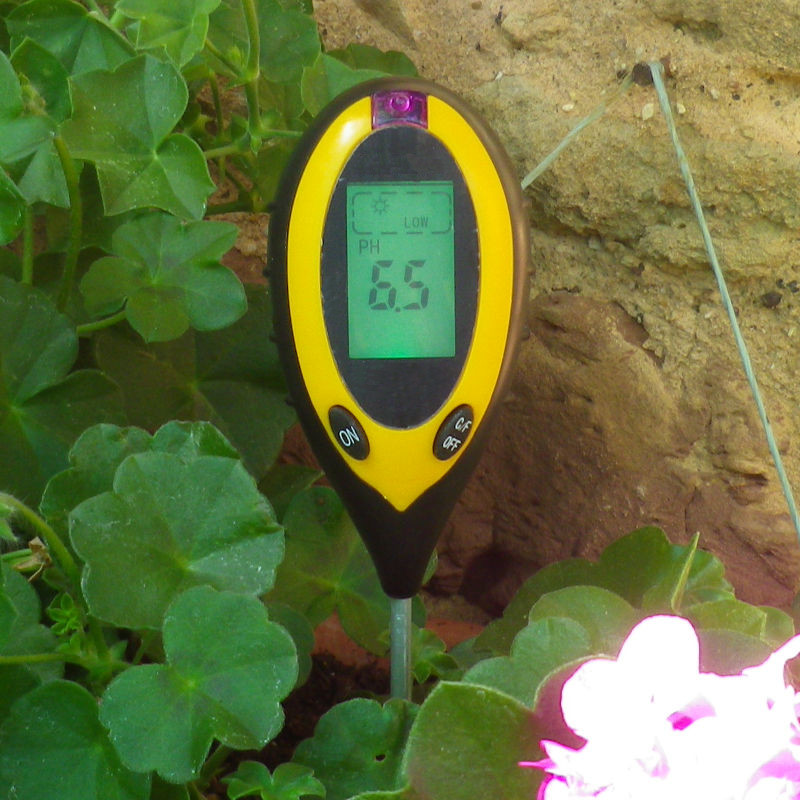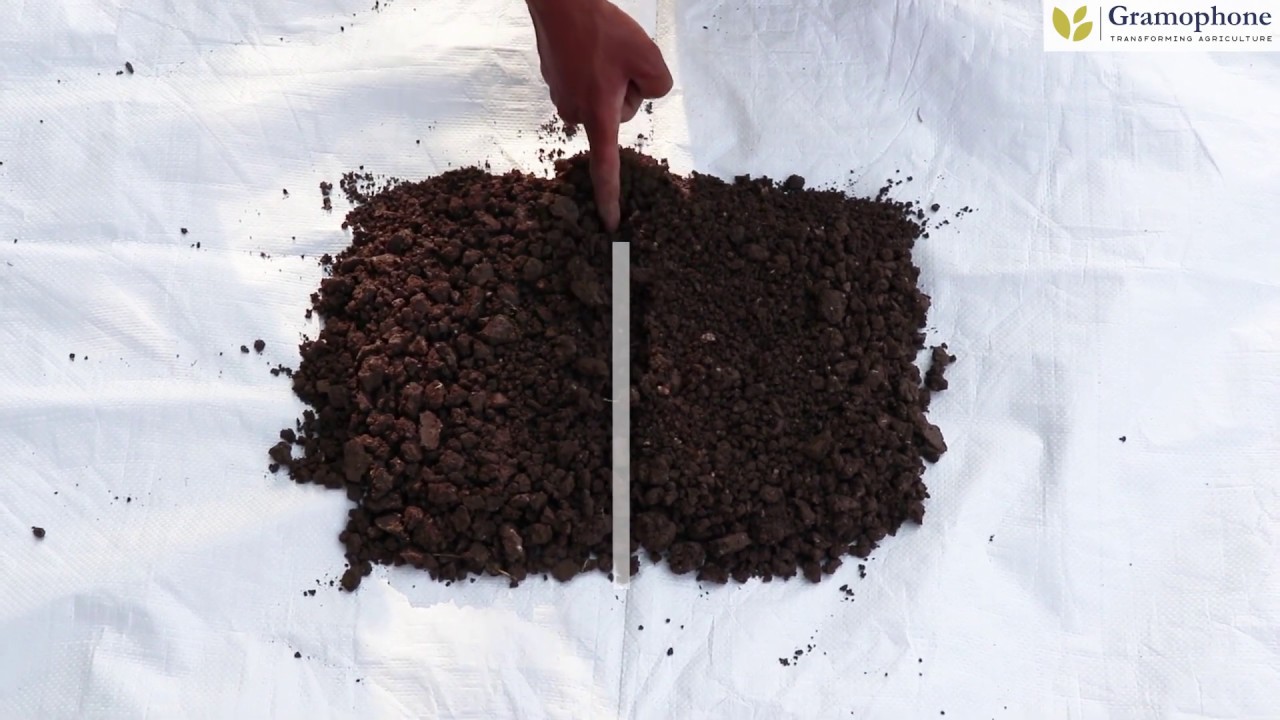-
- Soil pH is known as soil acidity or alkalinity
- Soils with pH less than pH 7 are acidic and soils with pH higher than pH 7 are alkaline.
- The pH is very important for plant growth because it determines the availability of almost all essential nutritional nutrients. Ph value of the soil is between 6.5 to 7.5
- Soil pH affects the growth of the plant and the number of nutrients and chemicals that are soluble in the soil, and thus the plants do not have the required amount of nutrients.
- Due to acidic Ph (less than 5.5 pH), plant growth stops as a result of which the plant deteriorates.
- When the soil pH of a plant increases, the plant’s ability to absorb certain nutrients is impeded. As a result, some nutrients may not be absorbed properly. The high pH of the soil prevents the iron present in the soil from turning the plant into an easy form.
- lime is used to make the soil Ph less acidic. Limestone is most commonly used in agriculture. The finer the limestone particles, the faster they become effective. Different soils will require a different amount of lime to adjust the pH value of the soil.
- To make the soil Ph less alkaline, gypsum is used. Different soils will require a different amount of gypsum to adjust the pH value of the soil.

Gramophone



